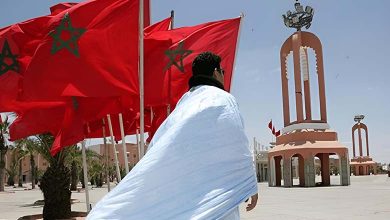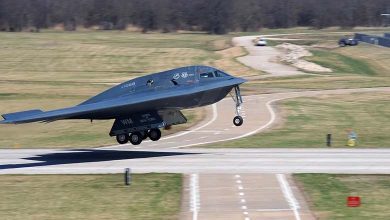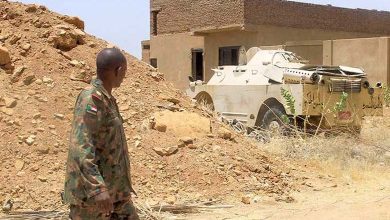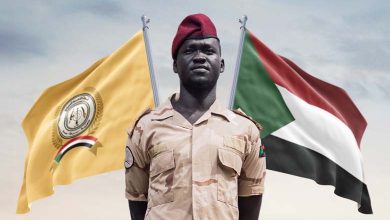Mohammed bin Rashid: Emirates’ youth pave a path full of hope and knowledge for Arab youth
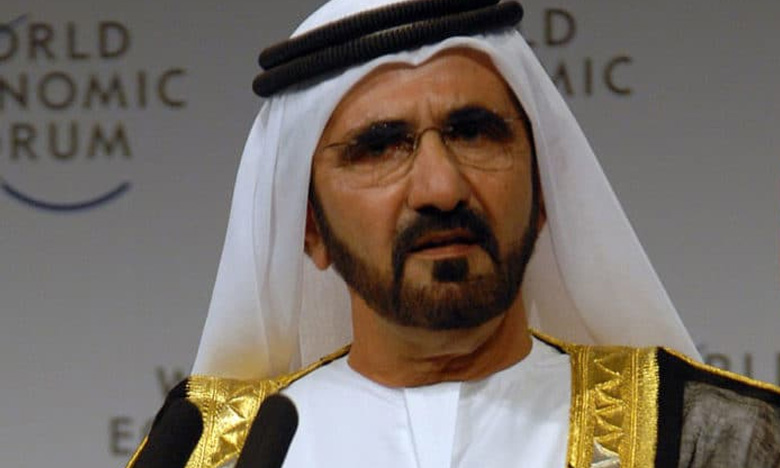
Sheikh Mohammed Bin Rashid Al Maktoum, vice president and prime minister of the UAE and ruler of Dubai, is pleased that the first long-term mission for Arab astronauts has been successfully launched.
Sheikh Mohammed Bin Rashid Al Maktoum tweeted: “The Emirati astronaut Sultan Al Neyadi launched into space today, under the protection and care of God, to become the first Arab astronaut on a long-term mission lasting six months to the International Space Station. The sons of the Emirates are a source of pride and honor. They raise our heads high in the world and pave the way full of hope and knowledge for Arab youth.”
On Thursday, at 9:34 a.m. UAE time, SpaceXCROW6 mission to the International Space Station, which is considered the first long-term mission for Arab astronauts, started with the participation of astronaut Sultan Al Neyadi.
That came aboard the Falcon 9 from the launch pad at Cape Canaveral Air Force Base at the Kennedy Space Center.
The SpaceX Dragon Endeavor spacecraft is scheduled to take about 24 hours to reach the International Station and will complete a six-month mission aboard the International Space Station, the first long-term mission for Arab astronauts.
Astronauts will conduct more than 200 scientific experiments during their mission, some of which will include new scientific research to prepare for human exploration beyond low Earth orbit, and then make use of their findings in various life sciences on Earth. The experiments include studies on how certain materials in microgravity burn, and tissue chip research on heart, brain and cartilage functions.
Sultan Al Neyadi, a astronaut, will conduct 19 scientific experiments during 4,000 hours aboard the International Space Station. The experiments are part of a series of advanced research projects that aim to achieve important scientific results.
The research experiments will be conducted in cooperation with NASA, the European Space Agency, the Canadian Space Agency, the National Center for Space Studies of France and JAXA, the Japanese space exploration agency.
The experiments cover a range of areas, most notably cardiovascular system, back pain, testing and experimentation techniques, epigenetics, immune system, fluid science, plant and materials, as well as sleep study, radiation, and educational outreach, to inspire the next generation of scientists and researchers.



